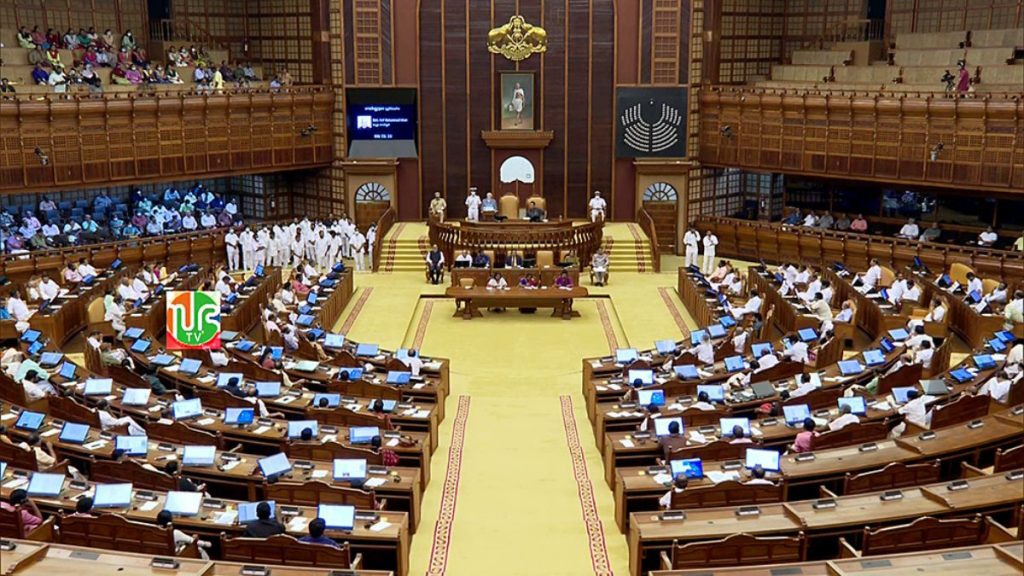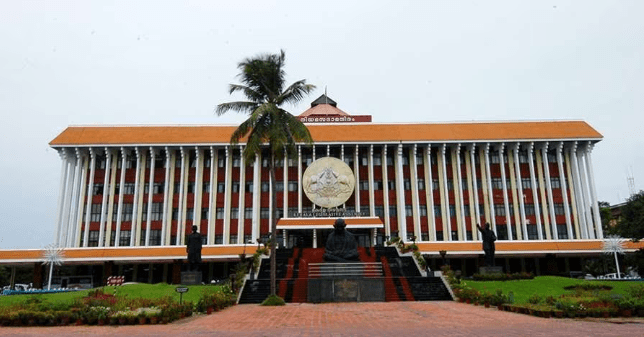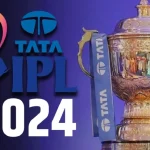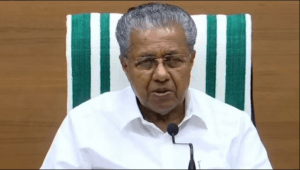
On Wednesday, a resolution prompting the Central Government to officially brand the state as” Keralam” in both the Constitution and all sanctioned records was unanimously passed by the Kerala Legislative Assembly. The resolution, introduced by Chief Minister Pinarayi Vijayan, garnered amicable support without any proposed differences from the Congress- led Opposition. The resolution underlined,” In Malayalam, our state is honoured as Keralam. The verbal reorganization of countries was carried out on November 1, 1956, grounded on language, which is also celebrated as Kerala conformation Day. The aspiration for a united Kerala, encompassing all Malayalam- speaking communities, has been vocalized since the freedom struggle. still, the name of our state remains Kerala in the Constitution’s first Schedule. With amicable agreement, this Assembly prayers to the Union Government to instantly initiate measures under Composition 3 of the Constitution to officially change the state’s name to Keralam.”

literal origins of the names multitudinous propositions envelop the origin of the name’ Kerala’. The foremost proved reference to Kerala dates to Emperor Ashoka’s Rock Edict II of 257 BC. The necrology denotes the original sovereign as” Keralaputra”(Sanskrit for” son of Kerala”) and” son of Chera,” suggesting to the Chera dynasty. Concerning’ Keralam’, scholars guess that it might have stemmed from’ Cheram’. ultramodern state demands The Malayalam- speaking population in the region was historically under the dominion of colourful lords and kingly countries. In the 1920s, the Aikya Kerala movement gained instigation, championing for a separate state for Malayalam- speaking people. The movement aimed to unite Malabar, Kochi, and Travancore into a singular home.

Unified by language, artistic traditions, participated history, rituals, and customs, the Keralites were electrified by the freedom movement to strive for junction and integration. Renaming a state in India the process Unlike renaming metropolises, renaming a state necessitates blessing from the Central Government’s Ministry of Home Affairs (MHA). This entails an indigenous correction. The process is instigated by an offer from the separate state government. later, the Union Ministry of Home Affairs (MHA) assumes responsibility and subventions blessing upon entering No expostulation instruments(NOCs) from different agencies, including the Ministry of Railroads, Intelligence Bureau, Department of Posts, Survey of India, and Registrar General of India.










